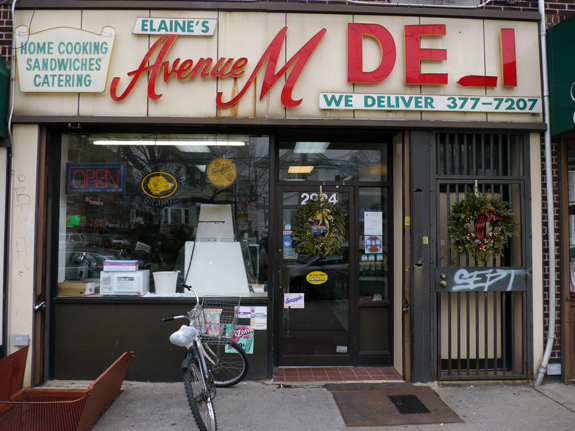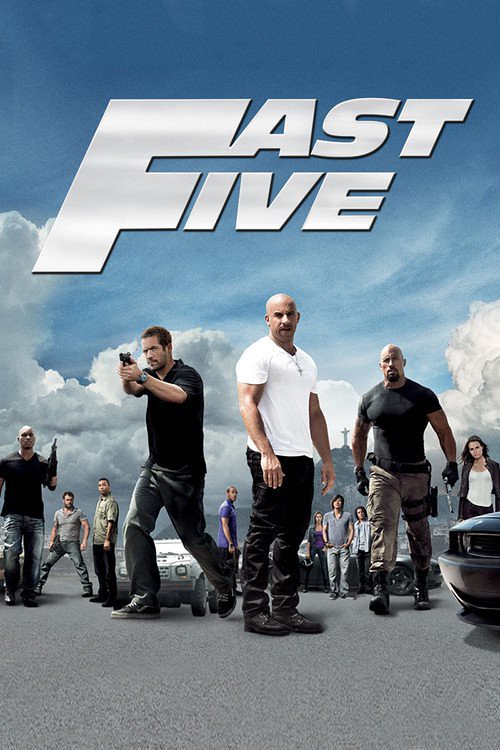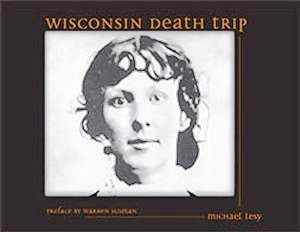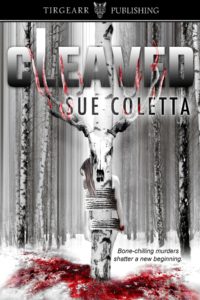By PJ Parrish
Time for a First Page Critique, this one titled Avenue M. This submission has much to teach us about backstory, developing a writer’s voice and it poses that oft-debated question here: When does a slow start work? A big thank you to our writer for letting us read this work and learn from it. Please weigh in with comments!
Avenue M
I want to go back to Brooklyn, Avenue M East 3rd. If I say it enough times, will that happen? If I am very specific with the address, sit quietly, visualize the street? I want to see grandma one more time; smell the mothballs on her sweater, take her hand walking back from Maggio’s Deli on the corner, trip over the cracks in the uneven sidewalk, past Ms. Johnson’s house – “Wave to Mrs. Johnson, Sugar” – and onto the stoop of the attached two-family home where I had spent each summer as a little girl. I want to have more patience with Aunt Billie and be kinder to grandpa. I want to go back to Brooklyn, just one more day.
The night before the wake, my mother told me how grandma, at fifteen – Elizabeth – grandpa called her Ella – had gotten pregnant with Aunt Billie, my “slow” aunt. Grandma had just died the week before, propped up in bed, a half jelly jar of warm Budweiser, a crushed filtered Camel in the ashtray on the bedside table, and an empty box of Whitmans, you know, the kind that hold four different chocolate pieces with the little drawing of each and a description on the back of the box? She was reading one of her Harlequin Romance novels, fell asleep, and just didn’t wake up the next day. That is when I started dreaming of grandma, of going back to Avenue M.
I’m a forty year old grown woman, for heaven’s sake, with two great kids and a loving husband, so why do I constantly think of grandma and feel her presence, and while driving, worrying over something or another about one of my boys, put my hand on my own shoulder as if she were caressing mine and I were caressing hers? Dreaming of Brooklyn, Avenue M, the dead-end street with the baseball field behind the chain link fence, walking to the EL with grandpa – a trip to Coney Island, – eating ice cream at the foot of grandma’s bed watching television with Aunt Billie.
I just want one day, one more day, nine years old but knowing, knowing everything and in that knowing, able to hold her and comfort her. I would be such a good girl. I wouldn’t give her any grieve and I wouldn’t be fresh to grandpa and I would hug Aunt Billie more, I promise.
______________________________________
Okay, I suspect you are all one step ahead of me here with some salient questions. But I’ll try to lay them out as I see them:
What kind of book is this? Because The Kill Zone is about mysteries and thrillers, I have to start with the premise that this writer knows that and thus this story will fall within the genre parameters. But I can’t tell from this sample what kind of story we are reading. This has the feel of general fiction, maybe leaning toward a literary attempt. If it is, indeed, a mystery, this beginning is, I think, much too leisurely for readers’ expectations.
What is happening here? Not much, really. I don’t mean that snarkily but as an observation that dovetails with the first question. I am all for a slow build beginning. In fact, in these days of wham-bang-blow-it-up-and-dump-a-corpse openings, I have gotten to prefer a writer who takes their time with a slow tease. But even a slow beginning has to beguile and at least hint at the central tension of the story. This opening is all reminiscence. It is all about the past. It is all memory with no forward movement. A 40-year-old woman is lamenting that she can’t go home again.
What is the central conflict? Every good story has one. Every protagonist faces a life-altering challenge. But we get no sense of this woman’s problem. All we know is that she misses Brooklyn and her grandmother. This is far too generic to fire our imaginations. Did this woman (girl) do something dire that hastened her grandma’s death? That’s interesting! But we need a strong hint of it here. Even it is one devastating line. Give us a reason to turn the page. Nothing here is disturbed.
What does this character want? This relates to the question above and I maintain must be asked — and answered by the writer — of every major character, but especially for the protagonist. What does this woman want? To turn back time. To see her grandma one more time. It’s there at the end of the crucial first graph: “I want to go back to Brooklyn.” That’s not enough to sustain 300 pages. Now I know this is only 400 words, but we still must get a hint of this woman’s journey to come.
Now let’s talk about some good things in this submission. There is a definitely voice at work here. The writer has a nice feel for what I call the telling detail. The writer hones in on small things that bring her characters alive — the smell of a mothballed sweater, warm beer served in a jelly jar, the little drawings on the lid of the Whitman’s candy box. Very nicely observed. I wish the details about Brooklyn had been a little less generic — ie, cracked sidewalks, chain-linked baseball field could be Anywhere USA. Make me feel, smell, and hear the uniqueness of Brooklyn the way you made me feel grandma.
Now let’s go through the opening quickly with Line Edits.
AVENUE M
I want to go back to Brooklyn, Avenue M East 3rd. Might this abbreviated line be more interesting rather than reading like Google Maps direction? How about: Last night, I dreamed I went back to Avenue M again. I stood by the chainlink fence at the end of the dead-end street and I found I couldn’t go in for the way was barred to me. Apologies to Daphne DuMaurier but you get my drift. Make the memory sound mystical! If I say it enough times, will that happen? If I am very specific with the address, sit quietly, visualize the street? I want to see grandma one more time; hiccup here with that semi-colon. You don’t need it. smell the mothballs on her sweater, take her hand walking back from Maggio’s Deli on the corner, trip over the cracks in the uneven sidewalk, past Ms. Johnson’s house – “Wave to Mrs. Johnson, Sugar” – and onto the stoop of the attached two-family home where I had spent each summer as a little girl. I want to have more patience with Aunt Billie and be kinder to grandpa. I want to go back to Brooklyn, just one more day. I like repeating the first line, what I call an echo, but it means nothing here. It sounds flat. Hint at the WHY.
The night before the wake, my mother told me how grandma, at fifteen – Elizabeth – grandpa called her Ella – had gotten pregnant with Aunt Billie, way too many names in one phrase to digest. I’d lose BOTH mom’s names and Aunt Billie. my “slow” aunt. Grandma had just died the week before, Whoa. Grandma died the week before giving birth to Billie? That’s how this reads propped up in bed, a half jelly jar of warm Budweiser, a crushed filtered Camel in the ashtray on the bedside table, and an empty box of Whitmans, you know, the kind that hold four different chocolate pieces with the little drawing of each and a description on the back of the box? Where is this box of candy? On the table? You don’t say. She was reading one of her Harlequin Romance novels, fell asleep, and just didn’t wake up the next day. No need to slip into “yesterday” here. Stay in the present: A Harlequin romance was open across her chest, “Her Family Betrayal” by Janet Jackson. (Or make up a title that says something about your story! That is when When is “when?” After the wake? After grandma’s body was found? Very confusing. I started dreaming of grandma, of going back to Avenue M.
I’m a forty year old grown woman, for heaven’s sake, with two great kids and a loving husband, so why do I constantly think of grandma and feel her presence, and while driving, worrying over something or another about one of my boys, put my hand on my own shoulder as if she were caressing mine and I were caressing hers? You need to get us in the present moment and get your story OUT OF HER HEAD and moving forward. What if here, you switch to this woman (give her a name by the way somehow) actually driving somewhere. To pick up her boys at baseball practice? She actually feels a presence in the car, a hand on her shoulder. Give us something except dreaming! Dreaming of Brooklyn, Avenue M, the dead-end street with the baseball field behind the chain link fence, walking to the EL with grandpa – a trip to Coney Island, – eating ice cream at the foot of grandma’s bed watching television with Aunt Billie.
I just want one day, one more day, nine years old but knowing, knowing everything and in that knowing, able to hold her and comfort her. I would be such a good girl. I wouldn’t give her any grieve ???and I wouldn’t be fresh to grandpa and I would hug Aunt Billie more, I promise. Well heck, we all wish we had been better kids. This feeling is universal but not terribly interesting for fiction. Find this woman’s real source of pain and give us at least a hint of it in these first 400 words.
Back to me again: Thanks again, dear writer! I think your main issue here is to find a way to get out of the past and into the present. We want to follow characters in their real lives and watch them doing things rather than just thinking, remembering, lamenting. Get out of this woman’s head and get her moving. Good luck!








